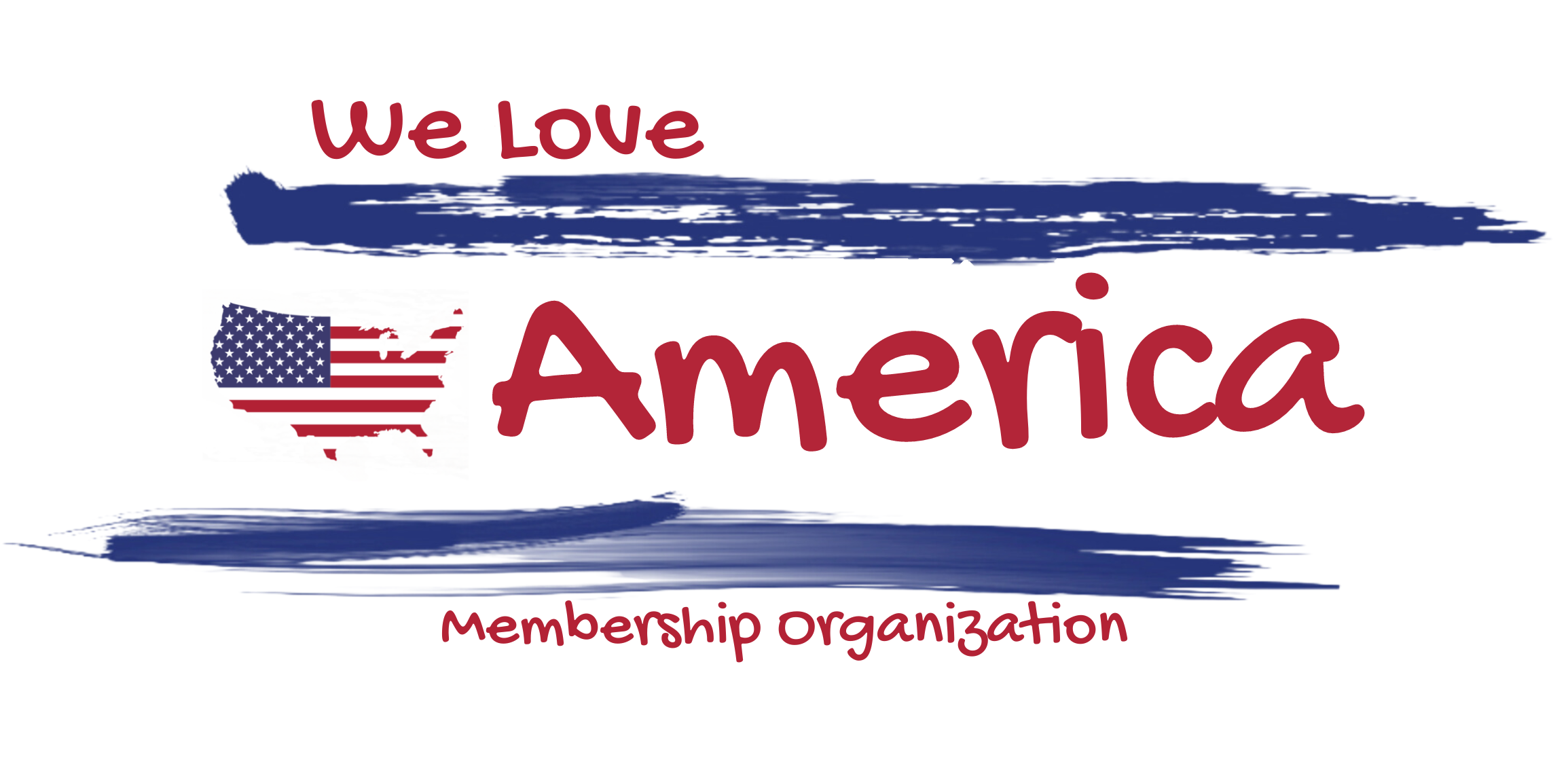Make a PLAN
Winston Churchill is quoted as saying-“He who fails to plan is planning to fail” We encourage you to be prepared, as best as you can, for anything that may happen. We should prepare number one spiritually, number two mentally, number three physically and number four materially as in having food, water, cash, and emergency supplies on hand. Below is a list of things we all should do to be prepared for any natural or manmade problem
- Emergency Kit: Assemble a basic emergency kit with essentials such as water, non-perishable food, a flashlight, batteries, a first aid kit, medications, important documents, and any special items for infants or pets.
- Emergency Plan: Develop a family emergency plan outlining evacuation routes, meeting points, and contact information. Ensure all family members are familiar with the plan, and practice evacuation drills regularly.

- Communication: Establish communication plans with family, friends, and neighbors. Identify an out-of-town contact person, as local lines may be congested during a disaster. Stay informed through weather alerts and local news.
- Home Safety: Safeguard your home by securing heavy furniture, installing smoke detectors, and learning how to turn off utilities. Be aware of the risks in your area, such as earthquakes, floods, hurricanes, or wildfires, and take appropriate precautions.
- Evacuation Plan: Know the evacuation routes and shelters in your area. Plan transportation and consider the needs of family members with special requirements, such as elderly family members, individuals with disabilities, or pets.
- Insurance Coverage: Review your insurance policies to ensure they cover potential disaster-related damages. Understand the extent of your coverage and consider additional policies if necessary.
- Community Resources: Familiarize yourself with local emergency services, community resources, and disaster response plans. Know where to access shelters, medical care, and assistance in case of an emergency.
- Financial Preparedness: Keep a small amount of cash in your emergency kit, as ATMs and credit card machines may be inaccessible during a disaster. Plan for financial contingencies and document important financial information.
- Education and Training: Equip yourself with basic first aid and CPR skills. Attend community workshops or training sessions on disaster preparedness. Stay informed about the specific risks and preparedness measures for your region.
- Regular Updates: Regularly review and update your emergency kit, family emergency plan, and contact information. Stay informed about changes in local disaster response plans and adjust your preparedness measures accordingly.
By taking these steps, you enhance your readiness and resilience in the face of natural disasters, increasing the likelihood of a safe and effective response.
